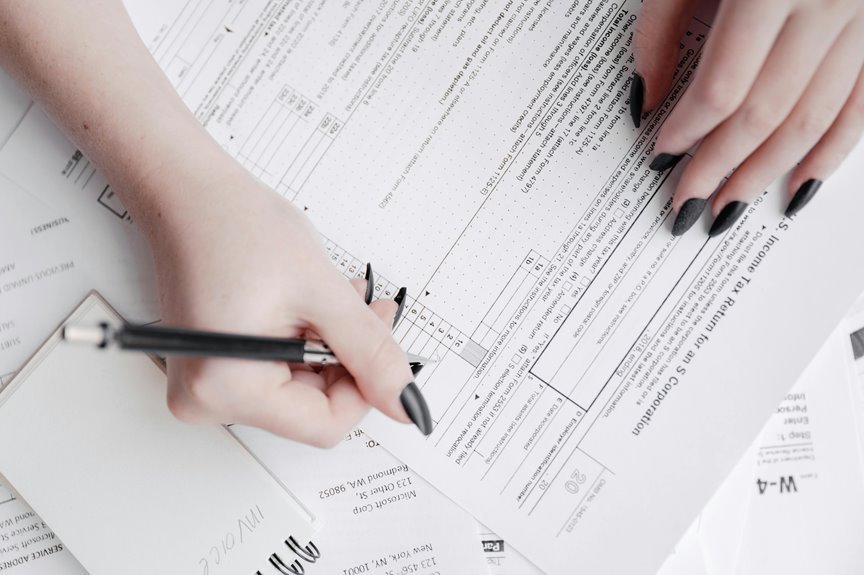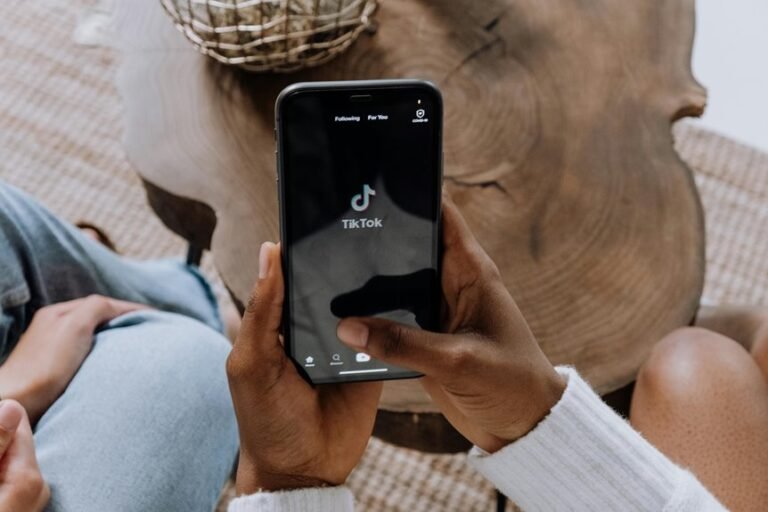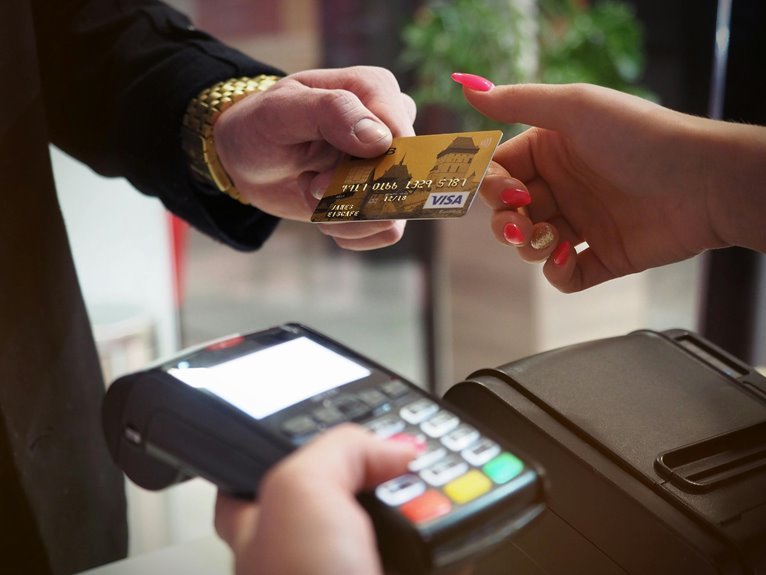Call Verification Records: 2565103546, 2565405066, 2565488647, 2565675872, 2566156921, 2566296248

Call verification records for numbers such as 2565103546 and 2565405066 serve as critical instruments for enhancing operational efficiency and ensuring data integrity. Their applications span various sectors, providing documentation that can mitigate disputes and reinforce customer trust. However, the utilization of these records also raises significant privacy concerns. Businesses must carefully navigate the complexities of compliance while balancing the need for transparency and the protection of personal data. The implications of these records warrant further examination.
Importance of Call Verification Records
Although often overlooked, the importance of call verification records cannot be understated in various sectors, especially those involving customer service and compliance.
These records ensure data integrity by accurately documenting interactions, thereby mitigating potential disputes.
However, privacy concerns arise as sensitive information is processed. Balancing the need for transparency with the protection of personal data remains a critical challenge for organizations implementing such systems.
Applications Across Various Sectors
Call verification records have found extensive applications across various sectors, significantly enhancing operational efficiency and compliance.
In telecom security, they bolster data privacy and customer trust, while also aiding in fraud prevention.
Moreover, these records ensure regulatory compliance and improve service quality, facilitating streamlined processes that align with industry standards.
Their integration fosters a secure environment conducive to both business integrity and consumer confidence.
Implications for Individuals and Businesses
The implementation of call verification records carries significant implications for both individuals and businesses, fundamentally shaping their interactions and engagements.
While enhancing fraud prevention measures, these records also raise privacy concerns, necessitating a delicate balance between security and individual rights.
Businesses must navigate the complexities of compliance, while individuals must remain vigilant about their personal data and privacy in an increasingly monitored landscape.
Conclusion
In conclusion, call verification records serve as a vital framework for accuracy, accountability, and trust. They empower businesses to uphold integrity, safeguard consumer rights, and streamline operations. Yet, as they navigate the delicate balance between transparency and privacy, organizations must remain vigilant in their compliance efforts. Ultimately, these records illuminate the path toward enhanced communication, fortified relationships, and a more secure digital landscape, signifying the dual roles of technology as both a facilitator and a guardian.





